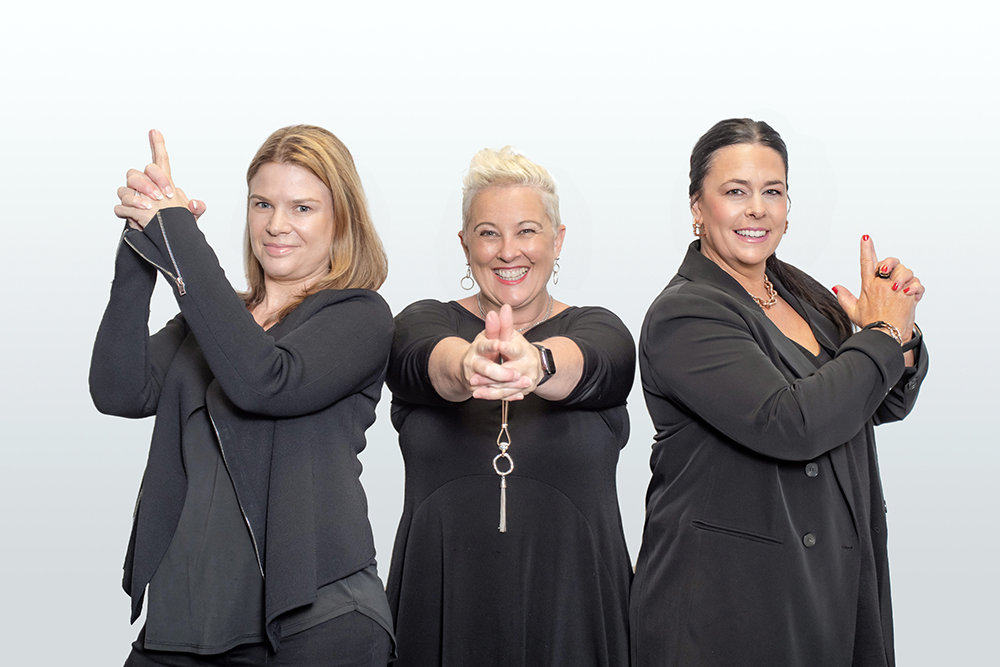There is always significant interest in the announcement from the Fair Work Commission when it comes to the annual Minimum Wage Review decision. It seems more so this year with media coverage of the cost of living crisis filling news reports alongside inflationary pressures impacting businesses.
There are a number of considerations for the Fair Work Commission when it comes to conducting the annual review and these include the relative living standards, the needs of the low paid, workforce participation and the performance and competitiveness of the national economy.
Also coming into play are the amendments to the Fair Work Act that means the Commission is required to place a greater emphasis on the issues of gender equality and job security.
Factors applied to the decision
When announcing their decision for 2023, the FWC placed significant weight on the impact of the current rate of inflation when it came to those covered by modern awards being able to meet their basic financial needs. Further, they factored in the disproportionate benefit to female workers as they represent the greater proportion of modern award covered employees. It is hoped that this concern will assist in reducing the aggregate gender pay gap across the workforce.
There are two parts to the minimum wage review:
- The FWC deciding on increases to modern awards which covers approximately 20.5% of the Australian workforce and,
- The FWC determining the increase to the National Minimum Wage which e sets a minimum rate of pay for employees in the national industrial relations system who are not covered by a modern award or an enterprise agreement and represents about 0.7% of Australian employees.
This year, the FWC determined that both Modern Awards and the National Minimum Wage would be increased by 5.75% effective from 1 July 2023.
Reflecting on arguments that these increases would have a detrimental effect to an already fragile economy, the Commission reasoned that given employees who earn minimum wage under an award constitute a low proportion of the total wages bill, the increases will “not cause or contribute to any wage price spiral”.
Superannuation Guarantee Reminder
While we are talking about changes that kick in from 1 July, employers need to remember that the minimum superannuation guarantee increases to 11% up from 10.5% as well.
Looking at 2024
The FWC also put all parties on notice that gender equality issues are firmly on their radar. In fact, they have identified that there are significant issues concerning the “potential gender undervaluation of work in modern award minimum wage rates applying to female-dominated industries and occupations”. A soon to start research project will identify there areas and will be a factor in the minimum wage decision next year.
What does this all mean for you?
If you are currently paying any one at the minimum entitlement under the Award, it must increase 1st July (first pay cycle after this date) by a minimum of 5.75%
The new national minimum wage will be $882.80 per week or $23.23 per hour.
If you are operating under an EBA you must ensure that your rates of pay are at least equal to the new Award rates (irrespective of having an EBA in place, rates cannot be lower than those contained in the relevant award).
You need to allow for the increase to the superannuation guarantee and allow for the .5% increase on 1st July (first pay cycle after this date).
As always, the HR Staff n’ Stuff team is here to help if you have any questions about these changes or how they apply to your business.







